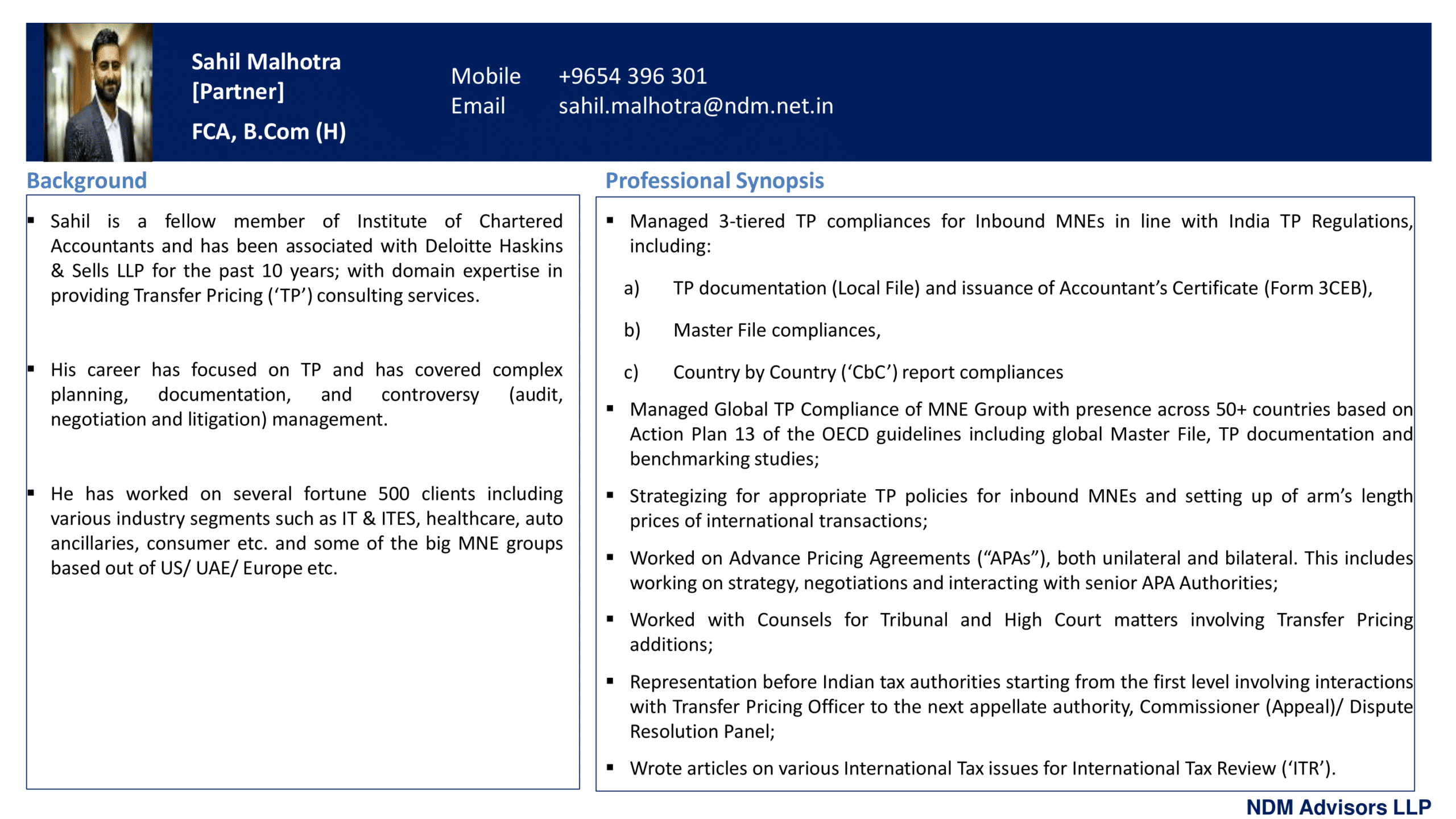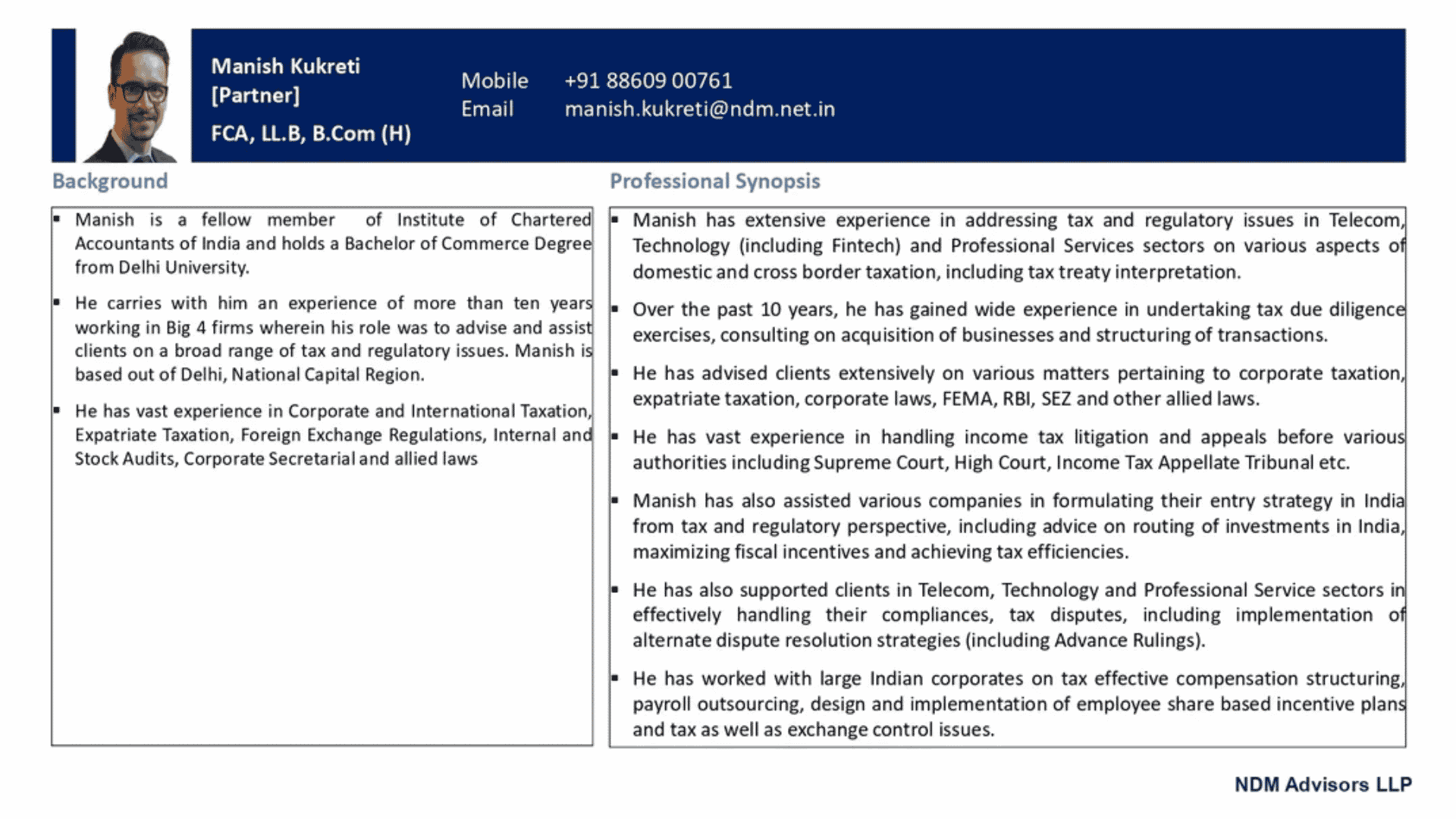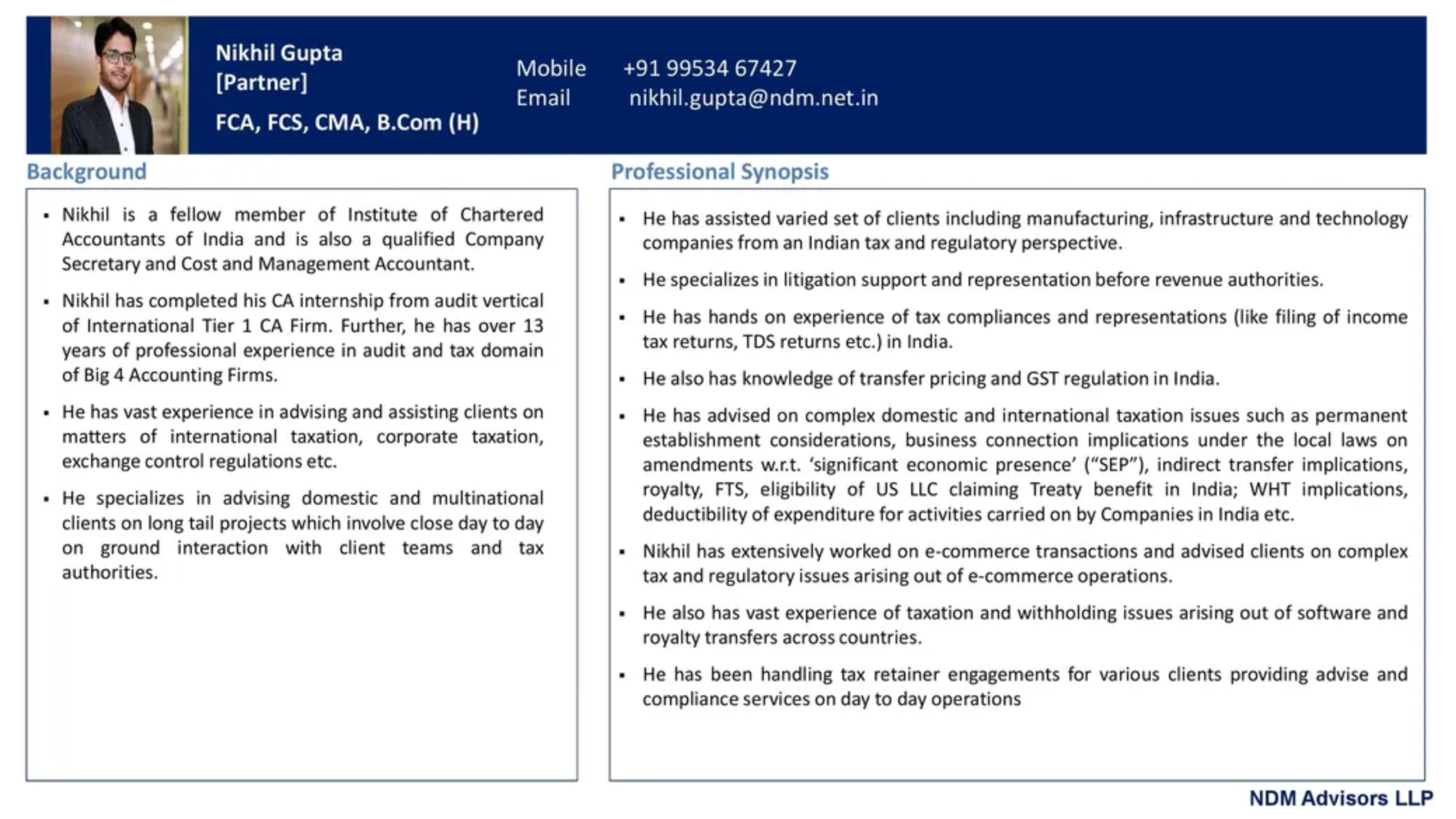Rejection of Foreign Tax Credit on Delay filing of Form 67

Today, greater international mobility of economic activity, and associated responsiveness of the tax base to tax rates, increase the economic distortions created by taxation. Countries with small open economies have relatively mobile tax bases; as a result, they rely much less heavily on corporate and personal income taxes than other countries. The evidence indicates that a 10% smaller population in 1999 is associated with a 1% smaller ratio of personal and corporate income tax collections to total tax revenues. Governments of small countries instead rely on consumption-type taxes, including taxes on sales of goods and services and import tariffs, much more heavily than larger countries do. Since the rapid pace of globalization implies that all countries are becoming small open economies, this evidence suggests that the use of expenditure taxes is likely to increase, posing challenges to governments concerned about recent changes in income distribution.
This article is an attempt to draw attention towards the difficulties faced by residents in India who have earned income from India as well as from abroad (outside India) for the same assessment year. Such residents had to faced difficulties for availing the Foreign Tax Credit (“FTC”) while furnishing the Return of Income.
As per the Double Taxation Avoidance Agreement (“DTAA”), entered by India with different countries, resident of one country is entitled to claim credit of the taxes paid or tax deducted outside his country of residence, while offering his global income to be tax in the jurisdiction of which he is resident. Accordingly, there are a large number of Indians who have earned Income from outside India and tax had been deducted or had been paid by them to any other country of which they were not the residence. On such taxes paid outside India, there is eligibility to claim FTC while furnishing the return of Income in the country in India.
There is no dispute that the Indian resident taxpayer is entitled to claim FTC in India for taxes paid outside India. In this regard, Rule 128 of the Income Tax Rules, 1962 (“Rules”) provides for grant of FTC and reads as follows:

“Foreign Tax Credit. 128(1)
An assessee, being a resident shall be allowed a credit for the amount of any foreign tax paid by him in a country or specified territory outside India, by way of deduction or otherwise, in the year in which the income corresponding to such tax has been offered to tax or assessed to tax in India, in the manner and to the extent as specified in this rule:
Provided that in a case where income on which foreign tax has been paid or deducted, is offered to tax in more than one year, credit of foreign tax shall be allowed across those years in the same proportion in which the income is offered to tax or assessed to tax in India.
…
(8) Credit of any foreign tax shall be allowed on furnishing the following documents by the assessee, namely: —
(i) a statement of income from the country or specified territory outside India offered for tax for the previous year and of foreign tax deducted or paid on such income in Form No.67 and verified in the manner specified therein;
(ii) certificate or statement specifying the nature of income and the amount of tax deducted therefrom or paid by the assessee, —
(a) from the tax authority of the country or the specified territory outside India; or
(b) from the person responsible for deduction of such tax; or
(c) signed by the assessee:
Provided that the statement furnished by the assessee in clause (c) shall be valid if it is accompanied by, —
(A) an acknowledgement of online payment or bank counter foil or challan for payment of tax where the payment has been made by the assessee;
(B) proof of deduction where the tax has been deducted
(9) The statement in Form No.67 referred to in clause (i) of sub-rule (8) and the certificate or the statement referred to in clause (ii) of sub-rule (8) shall be furnished on or before the due date specified for furnishing the return of income under subsection (1) of section 139, in the manner specified for furnishing such return of income.”
[Emphasis Supplied]

In recent times, while processing the return of income under Section 143(1) of Income tax Act 1961, through online mechanism, those resident taxpayers who had filed Form 67 with delay, their FTC was rejected by the Department and demand was created against them to the extent of the amount of FTC claimed along with interest under section under Section 234C, 234B, 234A.
It is pertinent to note that entitlement for claiming FTC emerges from the DTAA which India has entered with different countries. Putting additional requirement by way of Rules, such as the one of filing Form 67 for claiming Foreign Tax Credit would make the DTAA subservient the local laws of India.
It is trite that the provisions of DTAA always have an overriding effect to the provisions of local laws viz Income Tax Act, 1961, which has also been held by various courts including by the Hon’ble Supreme Court in the case of Azadi Bachao Andolan [2003] 263 ITR 70 (SC) and P.V.A.L. Kulandagan Chettiar [2004] 267 ITR 654 (SC).
As per Section 143(1), while processing the return, only errors or incorrect claims are sought to be rectified, without any human intervention. Rejecting the FTC, u/s 143(1) simply for non-compliance of Rule 128, would also be against the mandate of Section 143(1). Merely, filing Form 67 with delay, doesn’t point out to the fact of any incorrect claim made by the assessee. Delay is filing of Form 67 may be attributable to many technical and genuine hardships such as finalisation of tax credit, collation of relevant supporting documents, delay in filing of tax return outside India, different fiscal year in overseas jurisdiction. Thus, the provisions of DTAA cannot be undermined by bringing in procedural requirements, in the matter of claiming FTC.
The issue with respect to taxpayer’s claim to foreign tax credits was recently adjudicated by the Hon’ble Income Tax Appellate Tribunal in the case of Ms. Brinda Ramakrishna vs The Income tax officer [ITA no.454/Bang/2021] it was submitted that: —
The Board (CBDT) has power to prescribe procedure to granting FTC. However, the Board does not have power to prescribe a condition or provide for disallowance of FTC. The procedure prescribed in Rule 128 should therefore be interpreted in this context. Rule 128 is therefore a procedural provision and not a mandatory provision.
It was further submitted that Rule 128(9) provides that Form 67 should be filed on or before the due date of filing the return of income as prescribed u/s 139(1) of the Act. However, the Rule nowhere provides that if the said Form 67 is not filed within the above stated time frame, the relief as sought by the assessee u/s 90 of the Act would be denied. The learned counsel for the Assessee submitted that in case the intention was to deny the FTC, either the Act or the Rules would have specifically provided that the FTC would be disallowed if the assessee does not file Form 67 within the due date prescribed under section 139(1) of the Act. It was submitted that that there are many sections in the Act which specifically deny deduction or exemption or relief in case the return is not filed within prescribed time. Reference was made to section 80AC, 80-IA (7), 10A (5) and 10B (5). Such language is not used in Rule 128(9). Therefore, such condition cannot be read into Rule 128(9).
It was further submitted that Filing of Form 67 is a procedural/directory requirement and is not a mandatory requirement. It was submitted that violation of procedural norm does not extinguish the substantive right of claiming the credit of FTC. Reliance was placed on the decision of the Hon’ble Supreme Court, in the case of Mangalore Chemicals & Fertilizers Ltd. v. Deputy Commissioner, (1992 Supp (1) Supreme Court Cases 21) wherein it observed that:
All invoice information get transferred from this portal to both the GST portal and the e-way bill portal in real-time. Therefore, it eliminates the need for manual data entry while filing GSTR-1 returns and generation of part-A of the e-way bills, as the information is passed directly by the IRP to the GST portal. e-Invoice must primarily adhere to the GST invoicing rules. Apart from this, it should also accommodate the invoicing system or policies followed by each industry or sector in India. Certain information is made mandatory, whereas the rest of it is optional for businesses. Many fields are also made optional, and users can choose to fill up relevant fields only. It has also described every field along with the sample inputs for the interested users. One can see that certain required fields from the e-way bill format are included now in the e-invoice, such as the sub-supply type.

“The mere fact that it is statutory does not matter one way or the other. There are conditions and conditions. Some may be substantive, mandatory and based on considerations of policy and some others may merely belong to the area of procedure. It will be erroneous to attach equal importance to the non-observance of all conditions irrespective of the purposes they were intended to serve.”
As per the provisions of section 90(2) of the Act, where the Central Government of India has entered into a DTAA, the provisions of the Act would apply to the extent they are more beneficial to a taxpayer. Therefore, the provisions of DTAA override the provisions of the Act, to the extent they are beneficial to the assessee. when there is no condition prescribed in DTAA that the FTC can be disallowed for non-compliance of any procedural provision. As the provisions of DTAA override the provisions of the Act, the Assessee has vested right to claim the FTC under the tax treaty, the same cannot be disallowed for mere delay in compliance of a procedural provision.
Further, following also substantiate grant of FTC even where there is delay in filing of Form 67: –
- Rule 128(9) of the Rules does not provide for disallowance of FTC in case of delay in filing Form No.67;
- filing of Form No.67 is not mandatory but a directory requirement
- DTAA overrides the provisions of the Act and the Rules cannot be contrary to the Act.
In case of queries, drop us a line on communications@ndm.net.in
Have Any Question?
Send us a message and tell us more about your business and financial goals. We will get back to you soon to schedule a consultation.
- +91 9873210394
- Communications@ndm.net.in


















